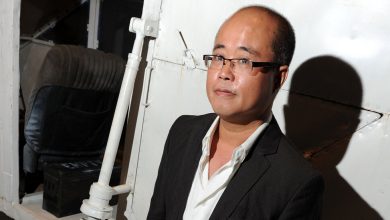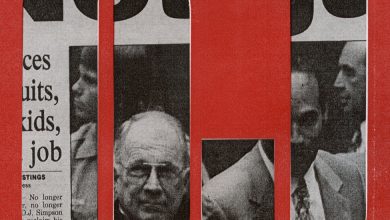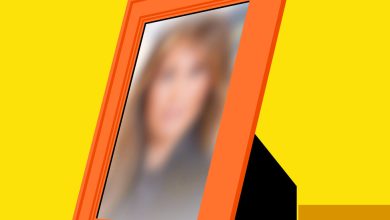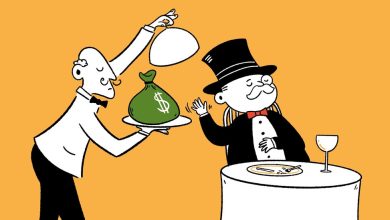The Very Busy Writer Telling Everyone to Slow Down
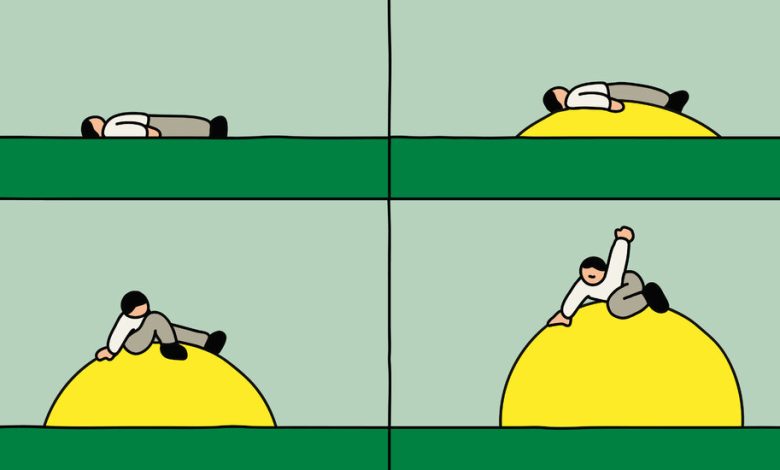
SLOW PRODUCTIVITY: The Lost Art of Accomplishment Without Burnout, by Cal Newport
About halfway through his new book, “Slow Productivity: The Lost Art of Accomplishment Without Burnout,” Cal Newport presents the example of Galileo, whose summertime visits to a villa near Padua gave him a chance to rest and reflect between scientific pursuits. “Once there,” Newport writes, “he would take long walks in the hills and enjoy sleeping in a room ingeniously air-conditioned by a series of ducts that carried in cool air from a nearby cave system.”
But that “ingeniously air-conditioned” room also happened to be deadly. As Newport puts it in a footnote: “During one unfortunate evening, noxious gases from the cave system, fed through the ducts, caused Galileo and his two companions in the room to suffer a grave illness that killed one of them and afflicted Galileo for the rest of his life.”
It’s an intriguing detail, though Newport doesn’t do anything with it. He argues that genuine productivity for “knowledge workers” requires not “jittery busyness” but “deep contemplation.” Yet there’s a marked busyness to the profusion of examples in this book, which include anecdotes about Marie Curie, Lin-Manuel Miranda, Alanis Morissette and the Agta people of the northern Philippines, to name just a few.
The glancing footnote about Galileo’s ailment gestures at something profoundly connected to Newport’s subject: the tension between contingency and control, and the specter of mortality that looms over our preoccupation with productivity and time. But Newport, who writes that the idea for this book came to him during the pandemic, isn’t inclined to explore anything so complicated. For his purposes, Galileo is just another input — an exemplar like any other.
“Slow Productivity” is Newport’s eighth book; he is also a professor of computer science at Georgetown and a contributing writer at The New Yorker — no slouch, in other words. In his acknowledgments, he thanks his wife for “putting up with all the sacrifices involved in having a partner with a troubling addiction to writing books,” among them the best sellers “Digital Minimalism” (2019) and “A World Without Email” (2021). He started out writing advice guides for students, steering them away from the sinkhole of over scheduling so that they could become “relaxed superstars,” like him. In “Deep Work” (2016), he provided step-by-step tips on how to reclaim our powers of attention from the clutches of electronic distraction.
